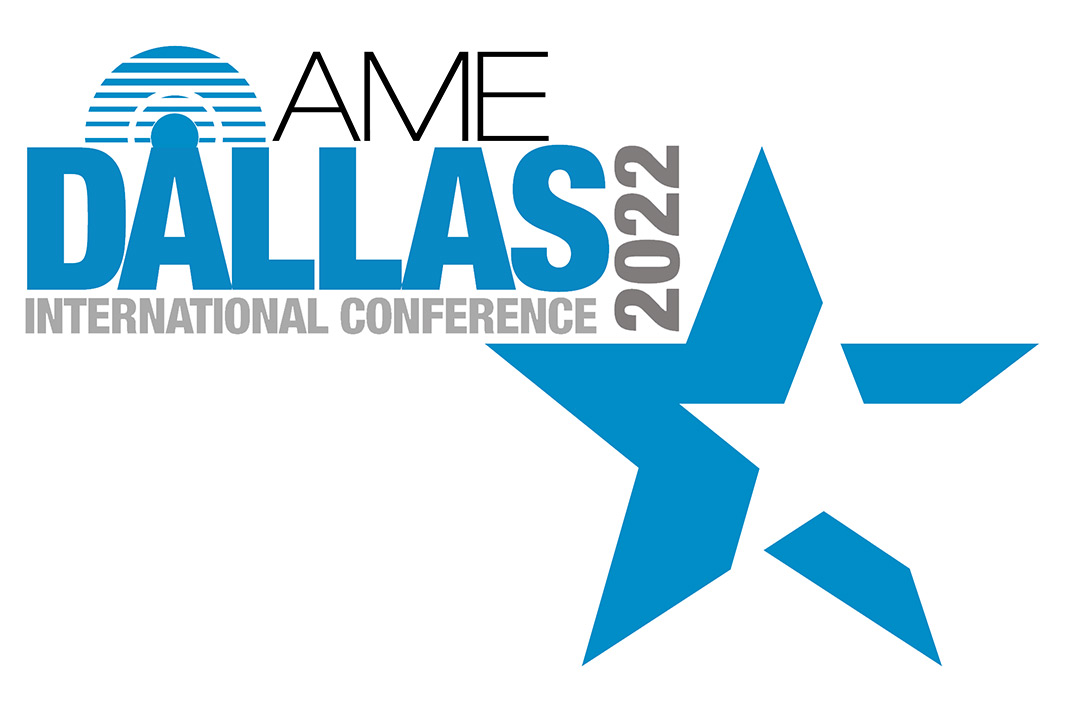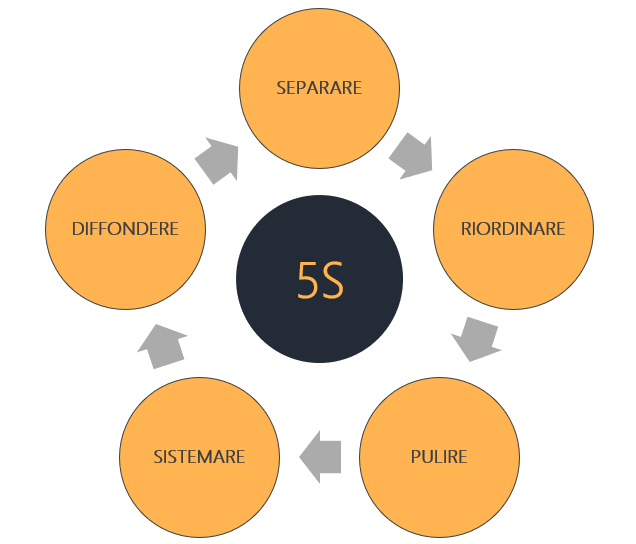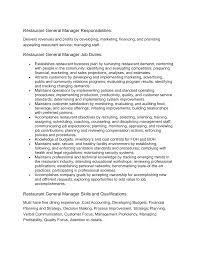
Facilities engineers, also called maintenance engineers, are professionals that provide engineering and construction support for buildings and operations. You will find their tasks include planning and implementing procedures, making recommendations for repairs and upgrades, and organizing routine and emergency maintenance. They can be involved in a variety of engineering disciplines including plumbing, electrical, and mechanical. They have a strong understanding of safety standards, construction law, and other regulatory requirements.
Facilities engineers are a great career choice. They can easily move up to senior positions from their entry-level position. It is important to have a solid portfolio that includes research, articles, and engineering projects. Additionally, facilities engineers should continue to learn about their specialty. This will make them stand out when they apply for a new job.
Even though certification is not necessary for all facilities engineers it can make a difference when you apply for a new job. A professional engineer should be well-versed in engineering principles and concepts. He or she must also have the ability to analyse data and present compelling arguments. Facility engineers should be familiar with asset reliability-centered maintenance strategies and predictive maintenance.

Facility engineers work in offices, construction, and manufacturing environments. They plan and execute processes to ensure that utilities are running safely and efficiently. Facilities engineers are often able to work with managers and engineers, creating efficient work hours and addressing any issues that may arise.
A facilities engineer's responsibilities will vary based on the size and type of facility he or she is assigned to work in. The job requires great time management skills, problem solving abilities, and the ability to interact well with others. In a typical workday, a facilities engineer could perform hundreds upon tasks. He or she may be responsible for electrical, mechanical, or plumbing equipment, and must be able to troubleshoot issues and fix malfunctions.
There are many websites that provide news and information about the profession, including those of AFE (Association of Facility Engineers). These websites provide information such as a sample resume, salary information and articles about job opportunities.
You can also find articles and books on facilities engineering, as well as training courses and networking opportunities. A successful facilities engineer will have good organizational skills, an excellent understanding of construction and engineering disciplines, as well as a solid knowledge of safety codes and building regulations.

It is important to remember that even the most skilled facilities engineers can analyze data and complete multiple tasks simultaneously. To accomplish this, they need a working knowledge of design software, such as AutoCAD, as well as construction techniques, such as the CAM method. Project management, problem-solving, and critical thinking are all skills that can be beneficial.
One of the biggest advantages of a facilities engineer job is the chance to work with a large array of people. These engineers can work with many different materials and coordinate other engineers' work.
FAQ
What does the term manufacturing industries mean?
Manufacturing Industries are companies that manufacture products. Consumers are those who purchase these products. To accomplish this goal, these companies employ a range of processes including distribution, sales, management, and production. They produce goods from raw materials by using machines and other machinery. This includes all types manufactured goods such as clothing, building materials, furniture, electronics, tools and machinery.
How does a production planner differ from a project manager?
A production planner is more involved in the planning phase of the project than a project manger.
What is the role of a logistics manager
Logistics managers are responsible for ensuring that all goods arrive in perfect condition and on time. This is achieved by using their knowledge and experience with the products of the company. He/she should also ensure enough stock is available to meet demand.
Statistics
- You can multiply the result by 100 to get the total percent of monthly overhead. (investopedia.com)
- Job #1 is delivering the ordered product according to specifications: color, size, brand, and quantity. (netsuite.com)
- In 2021, an estimated 12.1 million Americans work in the manufacturing sector.6 (investopedia.com)
- (2:04) MTO is a production technique wherein products are customized according to customer specifications, and production only starts after an order is received. (oracle.com)
- In the United States, for example, manufacturing makes up 15% of the economic output. (twi-global.com)
External Links
How To
How to Use 5S to Increase Productivity in Manufacturing
5S stands to stand for "Sort", “Set In Order", “Standardize", and "Store". Toyota Motor Corporation invented the 5S strategy in 1954. It allows companies to improve their work environment, thereby achieving greater efficiency.
This approach aims to standardize production procedures, making them predictable, repeatable, and easily measurable. It means tasks like cleaning, sorting or packing, labeling, and storing are done every day. Through these actions, workers can perform their jobs more efficiently because they know what to expect from them.
Five steps are required to implement 5S: Sort, Set In Order, Standardize. Separate. Each step involves a different action which leads to increased efficiency. By sorting, for example, you make it easy to find the items later. Once you have placed items in an ordered fashion, you will put them together. You then organize your inventory in groups. Labeling your containers will ensure that everything is correctly labeled.
Employees will need to be more critical about their work. Employees must be able to see why they do what they do and find a way to achieve them without having to rely on their old methods. They will need to develop new skills and techniques in order for the 5S system to be implemented.
In addition to improving efficiency, the 5S system also increases morale and teamwork among employees. As they begin to see improvements, they feel motivated to continue working towards the goal of achieving higher levels of efficiency.